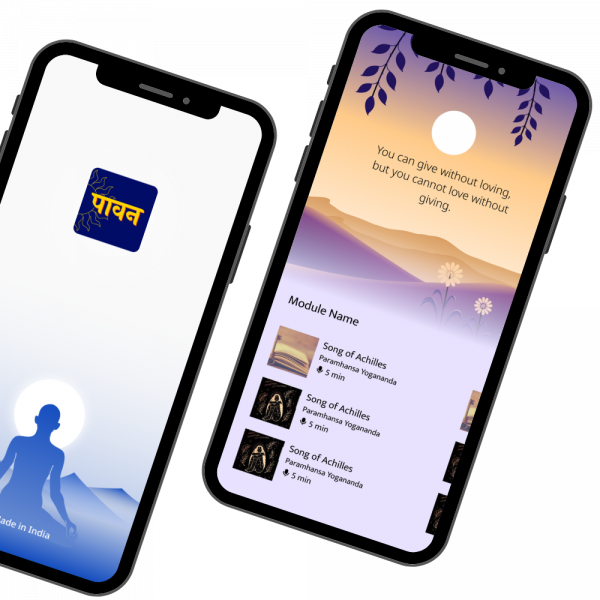Mark Twain once said, “It’s not what you don’t know that kills you; it’s what you know for sure, and that ain’t true”. He was indicating a common human error: to pick out the information that is congruent with our thoughts and avoid and ignore the information that opposes our viewpoints due to confirmation bias.
For example, someone who loves dogs might say that dogs help relieve sadness and loneliness and are good for mental health. But someone who doesn’t like dogs will say that these facts are not true and that they actually contribute to physical health issues due to unhygienic practises. Both parties will not accept the facts of the opposing views as true and will only accept the facts that support their thoughts, thus showing confirmation bias.
Or, when someone who is a heavy smoker comes across a study that concluded that smoking can lead to lung cancer, they will likely discard it as being faulty and making irrelevant claims and will likely believe in an article that states that it in fact reduces the risk of developing thyroid cancer!
Why Do We Even Fool Ourselves?
Multiple researchers have concluded that we don’t just deny facts; we interpret them differently when they support our moral values, identities, and personal beliefs, or if they are personally threatening, even if they involve our health due to confirmation bias.
A research study compared two groups of participants: one group received favorable medical results, and another group received unfavorable results. People who were informed that they had tested positive for a certain enzyme-related illness rated the test as less accurate, wanted second opinions, and gave more explanations to discount the results, displaying confirmation bias.
So, consciously or not, humans may twist the facts and may even trick themselves into believing the facts that are not even as relevant due to confirmation bias. But why do we do it?
You will also ❤️ these:
Importance Of Listening In Communication: 10 Ways To Improve It
7 Ways Overthinking Kills Your Happiness (Stop Overthinking)
The Main Reasons For Confirmation Bias
The need to belong
In people, the need to belong is greater than the need to be correct or accurate, which can lead to confirmation bias. Since ancient times, we have survived in communities and societies. We have a strong desire to belong and be accepted. Sometimes, we don’t accept facts because they make sense to us; we accept them because they are a part of the tribe! For example, when we like a particular political party, we are less likely to accept facts that are against their propaganda in order to stick with their ideologies.
The Enigma of Reason
A book called The Enigma of Reason,” written by cognitive scientists Hugo Mercier and Dan Sperber, talks about a theory of reasoning. They stated that “reasons” have the use of strengthening our beliefs so that we can justify them to others and convince them of our actions, which can lead to confirmation bias. For example, “because it is raining” is an explanation given for the act of bringing an umbrella outside. So, telling others that they brought the umbrella outside because it is raining is an explanation to justify the act to oneself and others.
Identity Consistency
When we identify ourselves with a certain group, we are more likely to accept the information that supports that group and hence allows us to maintain that identity, rather than the information that may discount my beliefs in that aspect, which is confirmation bias. For example, if someone identifies themselves as a part of a particular religion and comes across information that discounts the ideologies of that religion, they are likely to reject it and believe the information as facts that support the ideologies.
Cognitive Efficiency
Our brains have been developed and wired in such a way that they conserve energy. One way of doing that is to use heuristics, or mental shortcuts. So, when we are presented with a new piece of information, our brains interpret it using the already existing frameworks rather than considering all the available evidence, and we selectively seek the information that confirms our beliefs, which is confirmation bias. And hence, anything that doesn’t fit is rejected.
Is It Dangerous?
Yes, it can certainly be. especially if we ignore the facts when making important life decisions. Imagine what would happen if a doctor chose to consider only the facts that confirmed his initial diagnosis and did not consider other signs and symptoms indicating something else. Or if we believe that vaccines can cause autism and then ignore the facts that prove otherwise and not get our children vaccinated,
It is important to be objective and open to all perspectives in order to make sound decisions in life, and avoid confirmation bias.
How Can We Reduce This Habit?
The hardest thing to do in order to beat this bias is to actually challenge our deeply ingrained beliefs and thoughts, and that is easier said than done. But there are some strategies that might be helpful:
1. Consciously challenge your beliefs
When you have a strong belief about something, consciously look for information from reliable sources that does not support your beliefs. Try to look at it from all perspectives objectively, and then see if it challenges your beliefs.
2. Check your emotions
Whenever any piece of news stirs strong emotions in you, check that emotion and thought then and there. Try to observe the emotion it evokes, ground yourself, and then listen to the news with an open mind. Do not let your emotions ride on your thoughts.
3. Consider the source
Before rejecting any information, try to consider if the source is reliable and credible. If yes, then try to verify it with other sources, such as research articles or speaking to an expert, before rejecting it at face value.
4. Have an open mind
Make it a part of your personality that you are flexible to mend your beliefs if provided with relevant evidence and that you are open to change. This habit will make you a better person, someone who is easy to communicate with, and a better decision-maker in life. Whenever you are approaching a problem, sit with the mindset that my opinion may change or may be challenged. Do not take it personally because learning is a lifelong process, and hence we all need to adapt ourselves to the trends of society and new information that comes our way.
Hence, we all have the tendency to accept the facts that support our pre-existing beliefs and reject the information that does not align with those beliefs. Research has shown that it has nothing to do with our IQ levels but needs to be seen with an awareness of its existence. Trying to reduce it may be challenging, but it is necessary to make better decisions and be more informed. Therefore, we should try to open ourselves to new thoughts, no matter how inconvenient that looks.
About The Author
Aastha Jain
Psychologist and Founder, The Grey Couch






